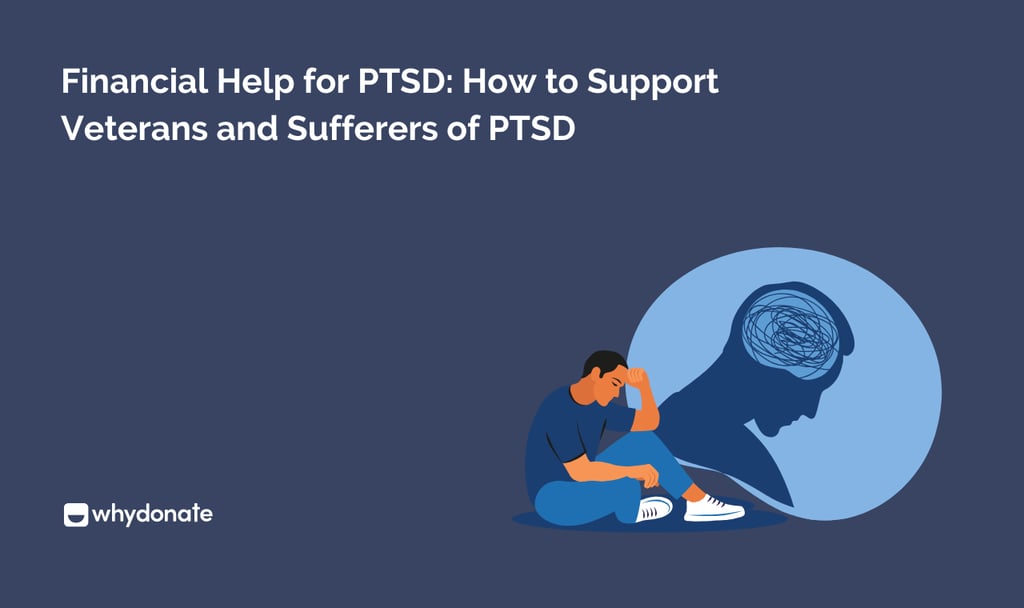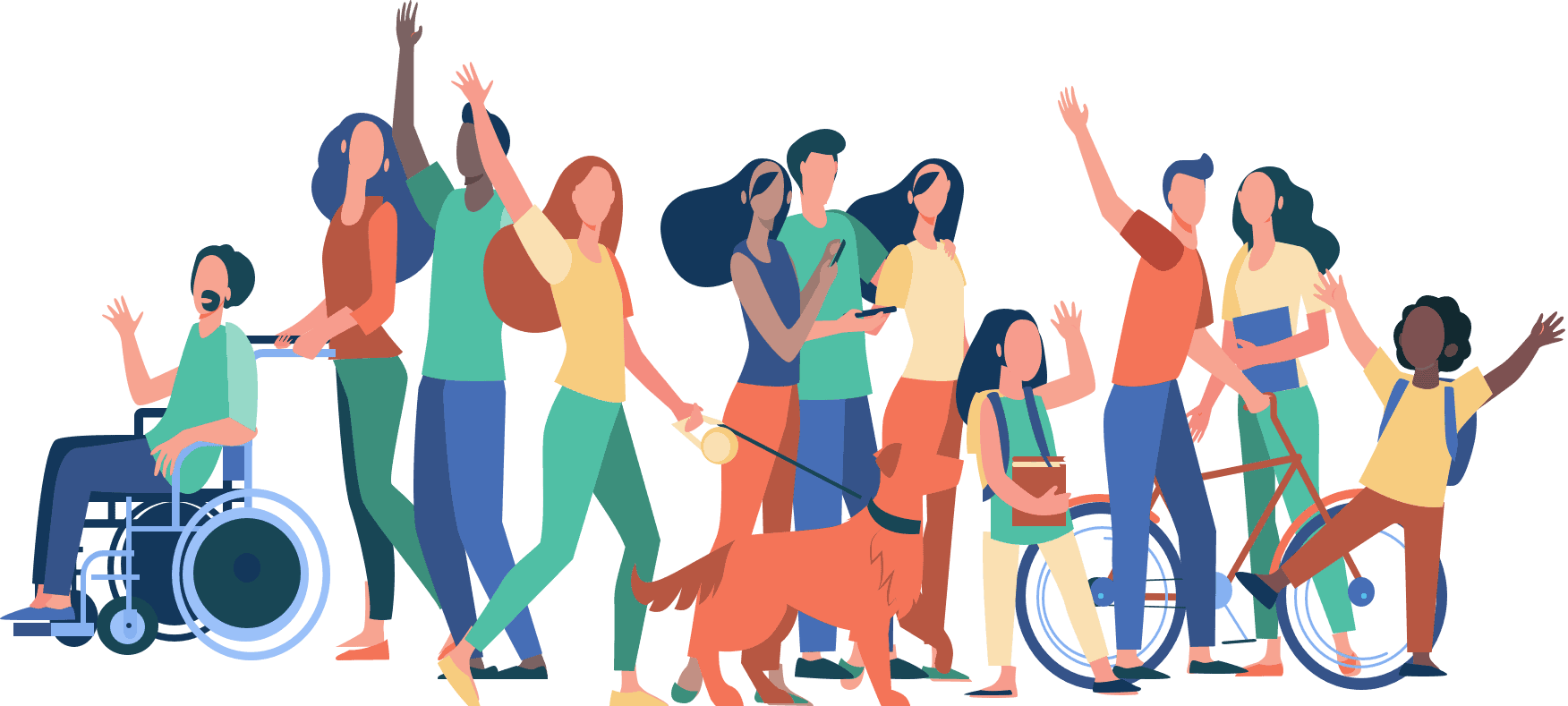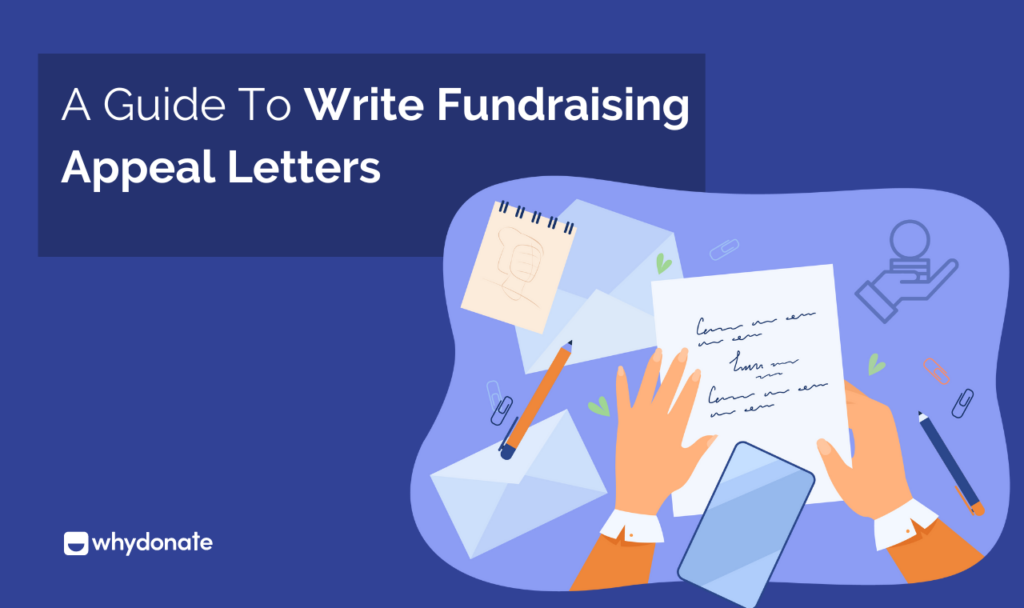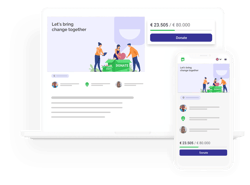Post-Traumatic Stress Disorder (PTSD) and Complex PTSD (C-PTSD) can feel overwhelming, especially when financial burdens add to the struggle. For many veterans and others suffering from this condition, the cost of therapy, medications, and other necessary treatments can be a significant barrier.
Financial help for PTSD is not just a luxury but a lifeline that can help individuals get the support they desperately need. It is not a personal issue but more of a social responsibility. Everyone, whether they are suffering or they know someone who is struggling, should address better funding and resources that specifically target financial help for PTSD sufferers.
Let us all help open doors to healing for countless individuals who are fighting silent battles every day.
Table of Contents
Stigma Around PTSD and Seeking Help
PTSD is full of struggles, and the stigma attached to it makes it more difficult to battle it. Society has always seen PTSD patients as weak or broken, and unknowingly, it adds more pressure to the ones who have been struggling with it. Due to this, many sufferers stay away from finding a solution to their difficulties.
Among all this, finding a financial solution to PTSD makes it even more challenging. Many fear the looks of judgment while asking for assistance. However, we have stepped into a new era of technology, where there are resources available to understand that fear and provide a safe space to open up about the struggles. Whether through therapy, support groups or financial aid, crowdfunding can be the first step towards recovery.
Fundraising platforms not only help sufferers who are financially strong but also break the silence and create a community of support that will help the next generation of PTSD sufferers.
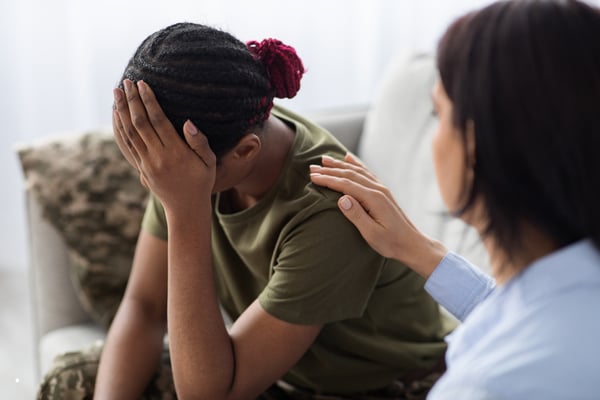
Common Victims of PTSD
Post-Traumatic Stress Disorder (PTSD) is a silent epidemic that impacts countless lives, yet many people remain unaware of its widespread effects.
- PTSD in first responders: Society often glorifies heroism. First responders, such as firefighters and police officers, are mostly on the front of this crisis. These brave individuals witness horrific scenes daily, from car accidents to violent crimes, often without the support they need to process these traumatic experiences. The emotional toll can be overwhelming, leading to anxiety, depression, and even suicidal thoughts.
- Sexual assault survivors: Survivors of sexual assault are the most to lose who bear the heavy burden of PTSD, with their experiences. The trauma can lead to a deep-seated fear that colors every aspect of their lives. Many feel isolated, grappling with feelings of shame or guilt, which can hinder their ability to seek help. Yet, society needs to recognize that sexual assault is never the victim’s fault.
- PTSD in children: Children are often ignored victims of PTSD, suffering silently following accidents, violence or loss. When young minds experience trauma whether from domestic violence, natural disasters, or bullying the impact can be devastating and long-lasting. Their innocence is shattered, leaving them vulnerable to anxiety and emotional distress that can affect their development.
Immediate Help and Crisis Resources
If you or someone you know is struggling with PTSD, getting help quickly is important. These resources can provide guidance and support. Remember, seeking help is a sign of strength. If financial help for PTSD is needed, ask about local programs that can assist you.
Here are some resources you can reach out to for immediate support.
- Call emergency helpline (911/112, etc) if you are in danger or need urgent help. Your safety comes first.
- National Suicide Prevention Lifeline: In the U.S., you can dial or text 988. This line offers free and confidential support 24/7 for anyone in crisis.
- Veterans Crisis Line: For veterans and their families, call 988 and press 1, text 838255, or chat online at VeteransCrisisLine.net. They understand the unique challenges you may face.
- Crisis Text Line: If you prefer texting, send HOME to 741741. A trained crisis counselor will respond to you.
How to Help Someone With PTSD
When we talk about helping someone with PTSD, whether it is physical or emotional, finding the right way is what matters the most. Here we have a short overview of how to help a PTSD
Emotional Support
PTSD feels like a heavy weight on the shoulders. Emotional support and counseling are very important for people with PTSD. Emotional support becomes a lifeline in these moments of darkness. Friends, family, or even support groups can help create a safe space where one can share their feelings without judgment. Sometimes, just knowing that someone is there to listen can make a huge difference.
Seeking Professional Help
Counseling becomes urgent when everyday activities feel impossible or when the memories of trauma interfere with daily life. Financial support for PTSD sufferers can make this path more accessible, as many people worry about the costs of treatment. Fortunately, there are options like free therapy for PTSD, which can provide the necessary support without adding financial stress.
Role of Caregivers and the Importance of Self-care
When someone we care about is dealing with PTSD, it can be tough to know how to help them. Caregivers play a vital role in providing emotional and financial support during this challenging time. They often take on many responsibilities, from helping with daily tasks to offering a listening ear. It’s essential for caregivers to recognize that their support can significantly impact the healing process.
Specific Guidance for Veterans and Military Families
For those wondering how to help veterans with PTSD, it is helpful to first explore different programs and resources available for them. Support for veterans with PTSD often includes nonprofit organizations that provide financial aid along with other services meant exclusively for veterans and military families. These organizations typically have grants or funds available for critical concerns like healthcare or psychotherapy. Contacting local veteran aid groups can help families access valuable support within their locality.

Understanding PTSD Treatment and Costs
There are several types of talk therapy for PTSD, including Cognitive Processing Therapy (CPT), Prolonged Exposure (PE), and Eye Movement Desensitization and Reprocessing (EMDR). Medications similar to those used for depression and anxiety can be helpful in treating PTSD symptoms.
Many people may not realize that therapy costs can vary significantly, ranging from $50 to $200 per session. This can quickly add up, especially if more sessions are needed. Moreover, medications either for long-term or for short-term can be quite expensive and can cost somewhere between $30–$400/month. In some cases, individuals may need more intensive treatment, which can be incredibly expensive, ranging from $1,500 to over $15,000 for inpatient care. In addition to all this, let’s not forget about rehabilitation costs or long-term care costs for chronic PTSD patients who need constant care post-therapy or hospitalization.
Financial Help for PTSD Sufferers
Financial help for PTSD sufferers is not just a necessity; it is a lifeline. The bright side is that resources pile up once you start looking; private insurance, VA benefits, state programs, and a small army of nonprofits all stand ready to shoulder some of the cost.
-
Insurance
Thankfully, many insurance plans offer coverage for mental health services, including treatments specifically for PTSD. Understanding these benefits can make a big difference in accessing the care they need. It is important for veterans to reach out to their insurance providers and explore what is covered.
-
Government Programs
VA healthcare: The Department of Veterans Affairs offers a range of resources customized for veterans, enabling them to receive the necessary care and support. These usually cover therapy sessions, pharmacotherapy, and peer-led support groups, managing the financial burden for those in need of assistance.
-
Nonprofits
Many nonprofits dedicate themselves to supporting veterans suffering from PTSD. These groups often provide free or low-cost therapy services, workshops, and community programs designed to promote healing and connection. Organizations like the Wounded Warrior Project and the Heroes Health Fund are just a couple of examples that focus on mental health support.
-
Universities and Communities
Universities and community services often offer valuable programs aimed at providing assistance to PTSD sufferers. Many colleges have counseling centers that provide low-cost or free mental health services to students, as well as sliding-scale clinics.
-
EAPs (Employee Assistance Programs)
Employers hold powerful cards in this game. A company that genuinely puts mental health front and center might roll out an employee-assistance program that zeroes in on PTSD, anxiety, and related challenges. Even then, nothing happens until a worker speaks up and searches the portal, so folks have to hunt for those hidden links themselves. Far too often, the help sits buried because the firm never blasts it across the email chain.
-
Local/State Grants
Numerous municipal and state-sponsored grant programs exist to soften the financial strain on residents seeking mental health care. In many cases, the aid extends to therapist fees, support-group registrations, and the cost of getting to and from clinical appointments. A brief consultation with a regional mental health agency-or a survey of local government web portals-usually uncovers updated eligibility guidelines and application procedures.
-
Medication Assistance
PTSD treatment with medications often takes several weeks to notice benefits, with ongoing monitoring for side effects and dose adjustments. Which is why it is expensive and many organizations provide financial help for these long-term processes. It gives patients hope that they can get medications without worrying much.
-
Housing Assistance
Housing assistance will not only provide stability but also a safe space for healing. Programs that offer housing support can help these individuals find safe places to live, allowing them to focus on healing without the constant stress of worrying about where they will stay.
-
Emergency Aid
Emergency financial aid is always a lifesaver during unexpected crises. Talk about unexpected medical bills, urgent repairs, or even natural disasters, having access to quick funds can ease the burden during tough times. So, having a provision of emergency aid will always be the backbone of life’s challenges.

Crowdfunding to Get Financial Support for PTSD
Living with PTSD often feels like being pulled in several different directions at once. Sufferers find themselves in a difficult spot when their insurance doesn’t cover needed therapies or long-term care. It is important to understand that insurance, grants, and assistance programs only cover a part of your total expenses. This is where crowdfunding for PTSD treatment can be a real lifeline. Platforms like WhyDonate allow individuals, including mental health patients, to raise money quickly and efficiently, making it easier to get the help they need.
For many individuals, mental health fundraising provides a practical way to cover therapy, medication, service animals, and other PTSD-related care when insurance and public assistance fall short. It is simple due to no paperwork, and supporters can directly withdraw funds for their necessary treatments. This means less stress for people who are struggling with mental health challenges.
One of the most important key aspects of fundraising is the community that supports it without question. People come together, often motivated by empathy and understanding. Sharing personal stories not only helps raise funds but also reduces the stigma surrounding PTSD.
Posting updates and sharing experiences through fundraisers can build a community that is not only supportive but also helps in healing and recovery. Financial help for PTSD sufferers through crowdfunding not only provides monetary relief but also fosters connections that can lead to lasting emotional support.
